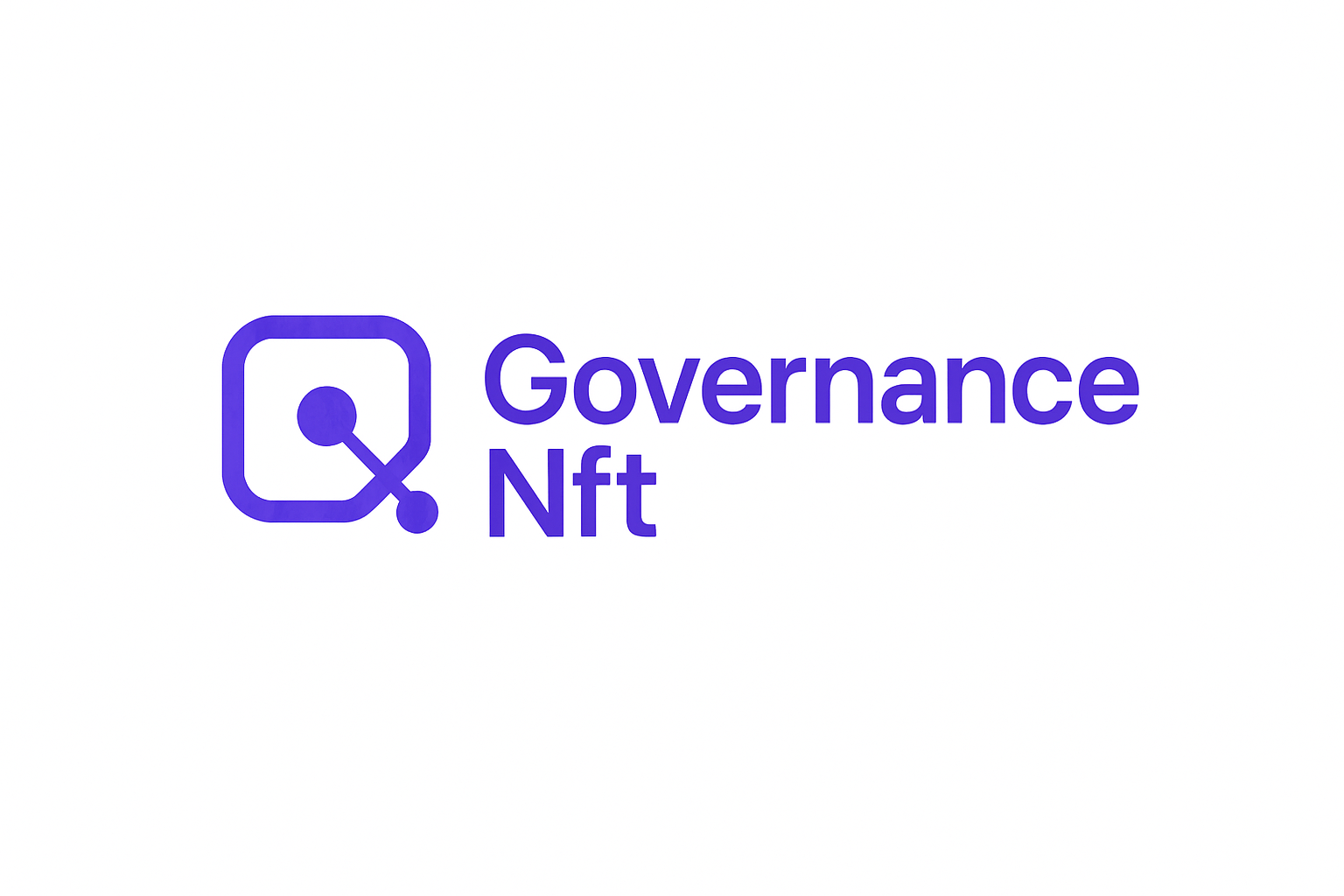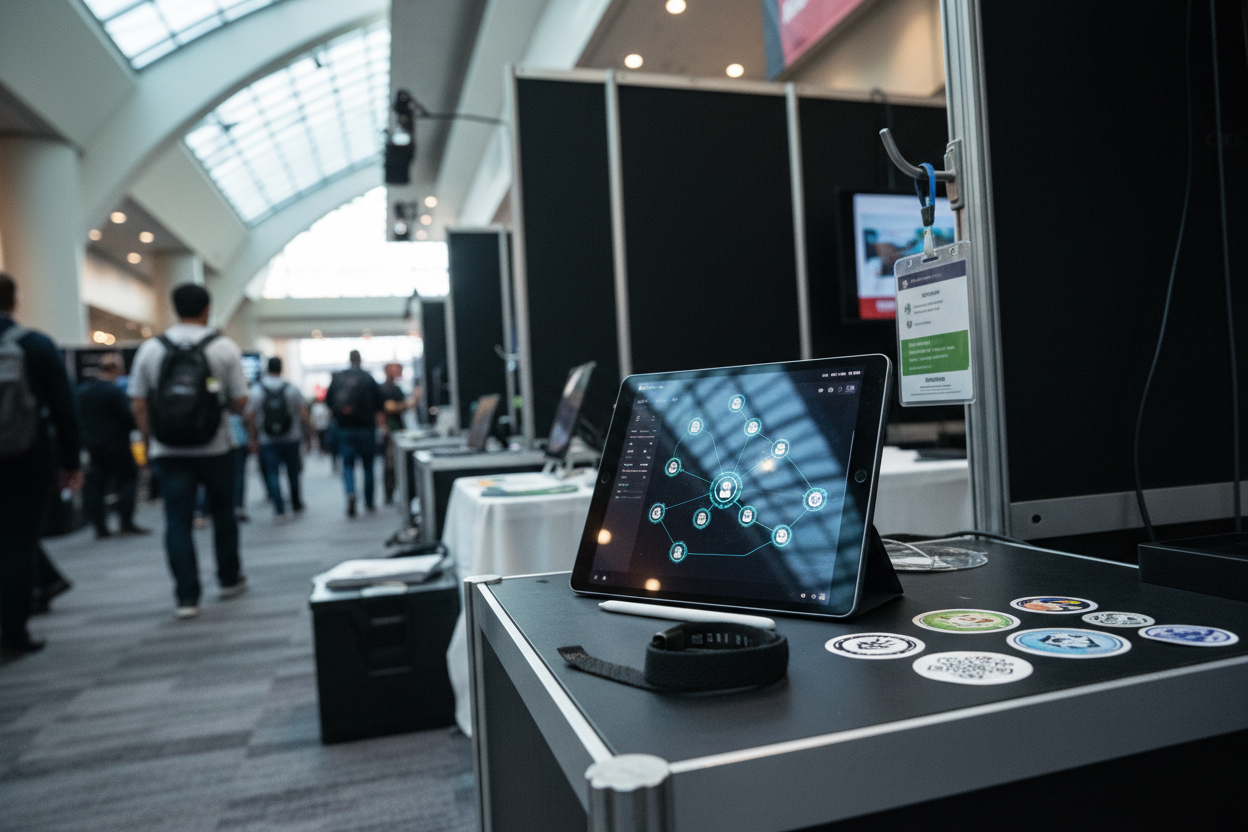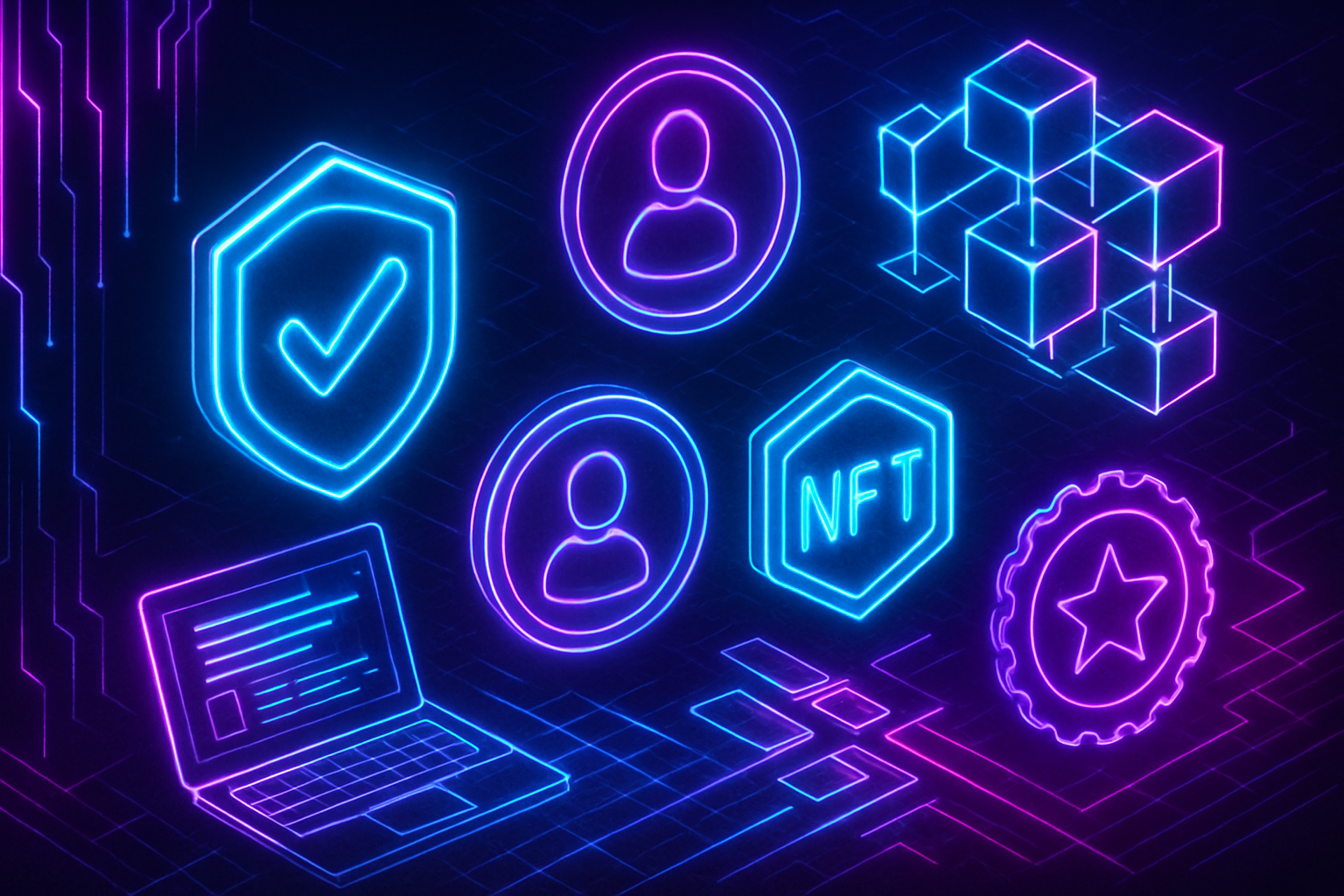
Decentralized Autonomous Organizations (DAOs) are rapidly transforming the way communities govern, vote, and recognize participation in the digital era. As blockchain projects mature and web3 communities scale globally, the need for robust, transparent, and fair governance mechanisms becomes paramount. Enter DAO NFT badges: unique digital credentials that not only verify member identity but also revolutionize how voting rights are assigned, contributions are tracked, and transparency is maintained.

Verifiable Voting Rights via Unique NFT Badges
One of the most significant advances in decentralized decision-making tools has been the introduction of governance NFT badges. Unlike traditional fungible tokens, which can be transferred or pooled anonymously, NFT badges act as unique digital IDs for each member. This approach ensures that every participant’s voting rights are both verifiable and non-duplicable, cutting down on duplicate votes and Sybil attacks. Each badge is minted to a specific wallet address, creating a one-to-one relationship between a person’s identity within the DAO and their ability to participate in governance activities.
This model is already being adopted by leading DAOs who want to formalize voting rights while maintaining flexibility. For example, some organizations issue tiered badges based on tenure or contribution level; higher-level badges may grant additional voting power or proposal privileges. The result is a system where influence is earned through meaningful engagement rather than simply acquired through token accumulation.
Transparent Contribution Tracking and Reward Systems
The second pillar of enhanced DAO governance involves making every member’s contributions visible and rewardable through NFT voting badges. By issuing badges for actions like attending meetings, completing projects, or participating in key discussions, DAOs create an immutable on-chain record of involvement. This not only builds trust within the community but also encourages ongoing engagement by making recognition tangible.
The transparency enabled by this system means that anyone in the community can independently verify who contributed what – fostering accountability and reducing disputes over recognition or reward distribution. Furthermore, many DAOs now link these contribution-tracking badges to real incentives: token rewards, exclusive access to events, or even increased influence in future votes. By aligning reputation with verifiable action rather than subjective opinion or off-chain records, DAOs set a new standard for meritocratic participation.
3 Ways DAOs Use NFT Badges for Transparent Voting
-
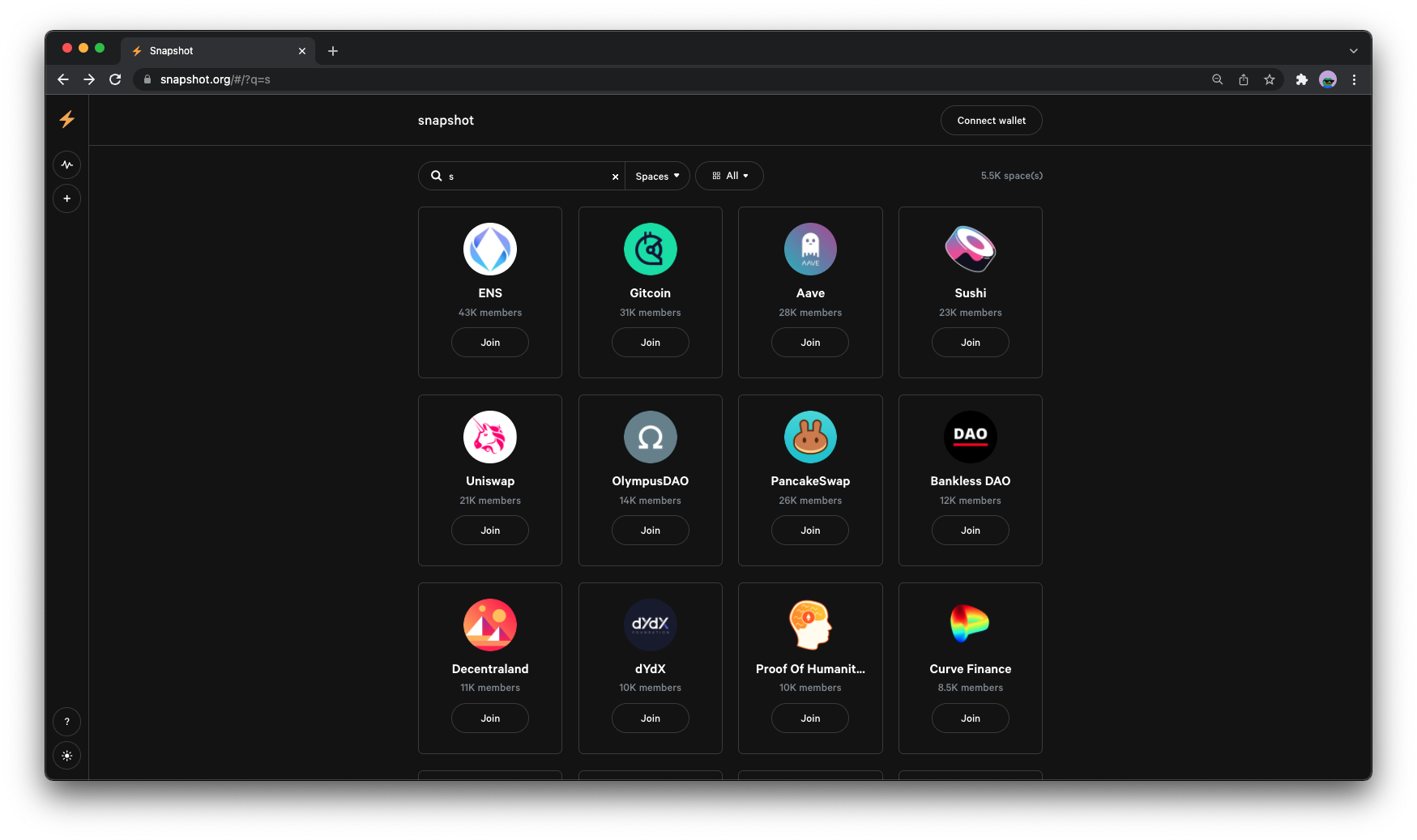
Verifiable Voting Rights via Unique NFT Badges: DAOs issue unique NFT badges to members, serving as digital IDs that verify eligibility and prevent duplicate voting. Platforms like Snapshot integrate these badges, ensuring that only authorized members can participate in governance decisions, with each vote transparently linked to a specific badge.
-

Transparent Contribution Tracking and Reward Systems: NFT badges are awarded for active participation—such as project contributions or event attendance—and serve as on-chain proof of involvement. DAOs like Gitcoin use these badges to recognize and reward contributors, making every action verifiable and fostering a transparent, merit-based community.
-
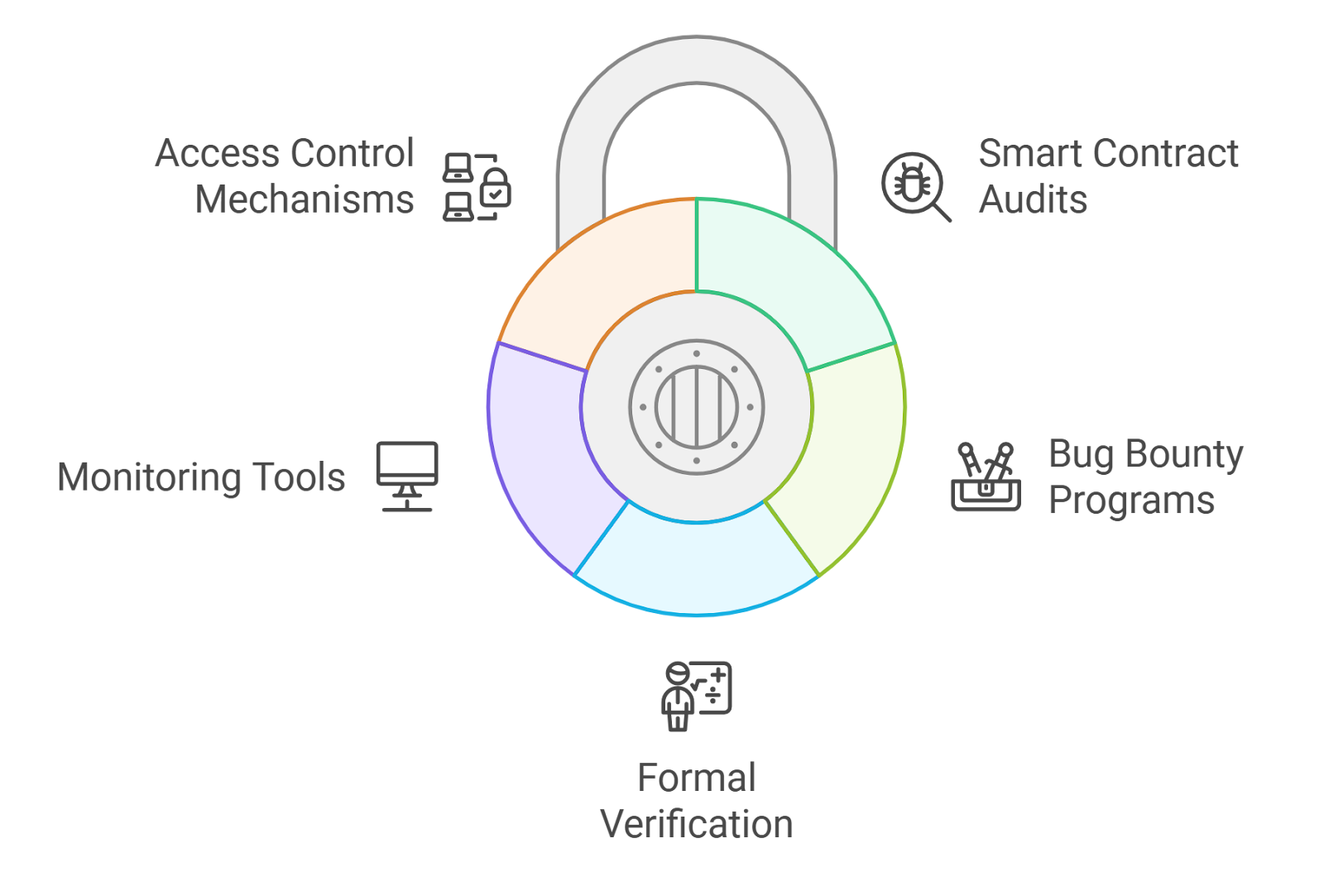
On-chain Auditability for Enhanced Governance Transparency: All NFT badge activities—issuance, transfers, and voting records—are publicly recorded on the blockchain. This auditability allows any member to independently verify governance actions, strengthening trust and accountability within the DAO ecosystem.
On-chain Auditability for Enhanced Governance Transparency
The final cornerstone of this new paradigm is on-chain auditability. Every action associated with an NFT badge – from issuance to transfer to its use in voting – is recorded immutably on the blockchain. This audit trail allows any member (or external observer) to review decision-making processes in real time or retrospectively without relying on centralized intermediaries.
This level of transparency fundamentally changes how trust is established within decentralized organizations. Instead of opaque processes managed by a select few, every rule change, vote tally, and reward distribution can be traced back through an open ledger. As more DAOs embrace these practices, governance becomes not just more efficient but also more accountable – paving the way for truly democratic online communities.
If you’re interested in exploring more about how these innovations are shaping web3 governance structures and empowering contributors worldwide, check out our deep-dive articles such as How DAOs Use NFT Badges to Streamline Governance and Voting.
As the ecosystem matures, the integration of on-chain auditability through governance NFT badges is quickly becoming a best practice. This transparent infrastructure not only deters manipulation but also empowers members to participate with greater confidence, knowing that every vote and contribution is recorded for posterity. The days of backroom decisions or unverifiable claims are fading away in favor of open, accessible records that anyone can review.
For DAOs managing complex proposals or allocating significant resources, this level of transparency is transformative. Members can trace the entire lifecycle of a proposal: who submitted it, which badges were used to cast votes, and how outcomes were determined. This reduces friction in governance debates and sets a new bar for accountability in digital organizations.
Moreover, this auditability extends beyond internal governance. External partners, investors, or regulators can independently verify a DAO’s decision-making processes without privileged access. This openness is already attracting more institutional interest and fostering collaborations that would have been impossible under less transparent regimes.
The Future: Meritocratic and Inclusive Governance
The convergence of verifiable voting rights, transparent contribution tracking, and on-chain auditability signals a new era for decentralized organizations. By anchoring governance in DAO NFT badges, communities are moving toward systems where influence is earned through action, not just capital.
This shift has profound implications for inclusion. Newcomers can build their reputation from day one by collecting badges tied to real contributions rather than needing to purchase tokens upfront. Over time, these badges become portable credentials, proof of expertise and trustworthiness recognized across multiple DAOs and web3 projects.
Ultimately, as more DAOs adopt these tools, we will see a flourishing of diverse communities where every voice can be counted, and verified, through technology designed for transparency and trust. The journey is just beginning, but the foundations being laid today promise a future where decentralized decision-making isn’t just possible but preferable.
For practical insights into implementing these systems or issuing your own NFT voting badges with ease, explore our resource guides like How to Issue Governance NFT Badges for DAO Voting Rights. To see real-world case studies on contribution recognition and reward distribution via NFTs, visit How DAOs Can Use NFT Badges for Transparent Contributor Recognition.
